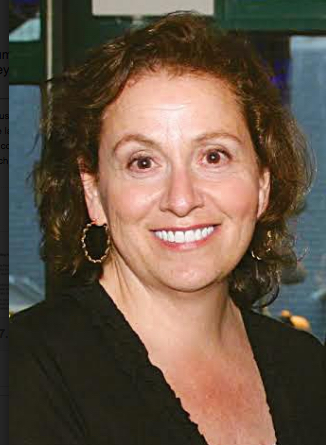Chuck Otey’s Pro Bono Barrister for March 27

Kings Inn to Discuss How a Civil Rights Issue Became a Controlling Precedent, Starting With Batson v. Kentucky
Tomorrow night, the Kings County American Inn of Court, led by President Justice Miriam Cyrulnik, will tackle one of the thorniest civil rights/legal issues confronting the trial bar: peremptory jury challenges based — or not — on race or color as possible violations of the Due Process Clause of the Fifth Amendment.
In so doing, a respected Inn panel co-chaired by Justice Carl Landicino, U.S. District Court Judge William Kuntz and skilled thespian David Chidekel will review the dramatic changes in the jury selection process following the historic Batson v. Kentucky decision made in the late 1980s.

Brooklyn Boro
View MoreNew York City’s most populous borough, Brooklyn, is home to nearly 2.6 million residents. If Brooklyn were an independent city it would be the fourth largest city in the United States. While Brooklyn has become the epitome of ‘cool and hip’ in recent years, for those that were born here, raised families here and improved communities over the years, Brooklyn has never been ‘uncool’.